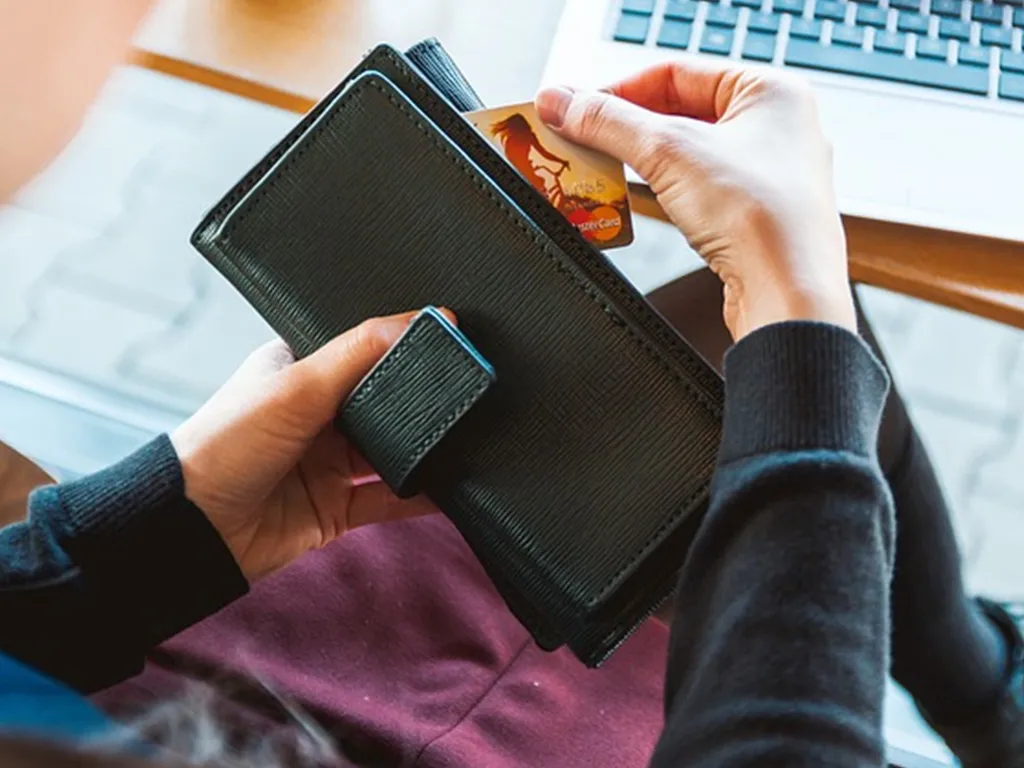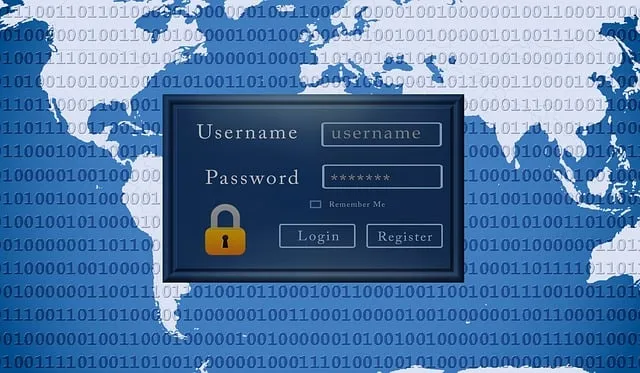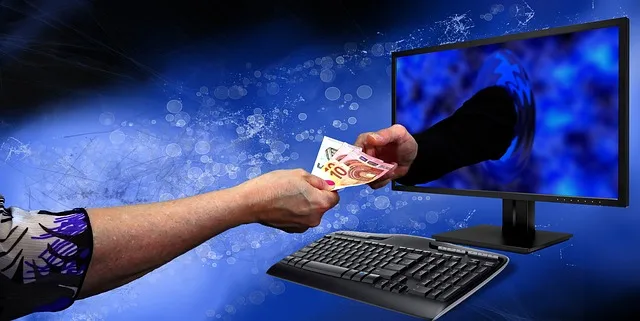How to Protect Your Company’s Online Payments

It is essential that your employees take steps to prevent any risk. For a new survey, YEC invited eleven entrepreneurs to give their opinion on ways to improve their online privacy and protect your payments , especially when it involves money transfers. Here are their suggestions.
Secure online payment methods
Some of our services allow payment via the internet. Like all other online transactions, payments can be subject to security issues. Make it clear that the payment systems you offer are protected against hacks by the security industry standard. A poorly designed, confusing payment system may discourage the customer from purchasing.
To further enhance security, some also use identity verification services, such as those provided by Jumio for businesses seeking additional layers of protection. The business community has the responsibility for handling online payments in-store or on-site securely. Your data will need to be protected to prevent fraud and theft.
1) Payment services
Payment systems provide a secure online payment system allowing your customers to make online payments. The transaction is handled by a payment system whose data is encrypted. Payment processing is based on payment processing. This service allows for secure transactions on thousands of websites. Customers’ card information is never stored. If you are looking to sell softwares online, PayPro Global is a reliable solution. Providing SaaS and software businesses with cutting-edge tools that facilitate payment processing, subscription management, tax and compliance handling and most importantly increase security systems, these Commerce solution is sure to help your business grow.
2) EMV-enabled credit cards
Gone are the days when you can simply swipe a credit card across a computer for authorized transactions using a magnetic strip. Many cards now feature EMV technology. Enhanced EMV cards contain chips to transmit encrypted information to an EMV-equipped processor. The terminal reads encrypted information on the card, and this information can be used for every single transaction. This secures the EMV process and reduces counterfeit and fraudulent transactions.
3) Credit cards
Generally speaking, online payment methods are among the most securest payment methods. Credit card transactions are encrypted, meaning that the information is broken into pieces and encoded. Many credit card companies also regularly monitor fraudulent activity, and if such an activity takes place customers cannot have their money returned or refunded. Most major card companies participate in the PCI Security Standards Council.
4) Voice payments
More customers enable payments via voice. The number of voice-activation devices is growing exponentially as the number of people doing internet sales via voice increases. In 2021, the number of home phone calls will reach 276 billion. Google’s Alexa and Siri devices are available in the lounge to make customer transactions. Increasing technology has made voice payments more secure.
5) Contactless payments
Similar procedures have been used for contactless transactions. All customers have to hold the cards in front of the terminal, and a unique code can be exchanged between both devices. Contactless payment continues to increase due to the COVID-19 cholera pandemic and will continue to grow.
How to protect your website and make payments secure
Use a personal verification system
For expensive goods, it might be worthwhile looking into personal verification software”. In addition, Airbnb utilizes the technology to allow users who have a driver’s license to verify their own identity with a passport or driver’s license. Users who are verified can reserve rooms directly with Airbnb.
Get an SSL certificate for your site
Most small businesses may overlook security to protect themselves because they believe they are unlikely to be targeted for unsecured credit cards. So make sure your site has SSL certificates installed. This is advisable for all websites and the personal details of customers.
What is an SSL certificate?
An SSL certificate is a digital certificate that authenticates a site, and then encryption is carried out via SSL technology. The company confirms that your identity is what it claims. If you have an SSL certificate, the payment site displays the padlock icon on your client’s website.
How does SSL work?
SSL involves 5 simple actions. The servers share their SSL certificates and public keys with each other. It checks for SSL authentication. In this case, the server uses the server’s public keys. The server trusts SSL. This process, known as SSL, is an encrypted session that ensures data privacy. The browser and server share encrypted information via a secure connection.
Why do I need SSL?
When you take online cards, the payment requires an SSL Certificate for PCI compliance (continue reading for details). It’s extremely important for online payments for potential customers to know they can trust you and know it will safeguard them.
Buy cyber liability insurance
The risks of companies collecting personal data or transferring it online increase exponentially. Using cyber-linked protections, in addition to proactive security solutions, can offset the financial cost associated with data breaches and data leaks.
Use two-factor authentication
Using two-factor authentication is crucial, mainly in your social networking account. whenever a user can access any of your accounts, they can get access to protect your payments. It will ensure the security of your login.
Use third parties to store sensitive information
One of our high-risk activities is keeping credit card data. The company suggests that you contact an external merchant partner who is responsible for storing protect your payments details, so eliminating substantial risk.
Conclusion
With the increasing popularity of online to protect your payments, it’s more important than ever to make sure your company is protected when making or receiving payments. By following the tips above, you can minimize the risk of fraud and ensure that your company remains safe when conducting business online. Have you implemented any of these security measures in your own business?



